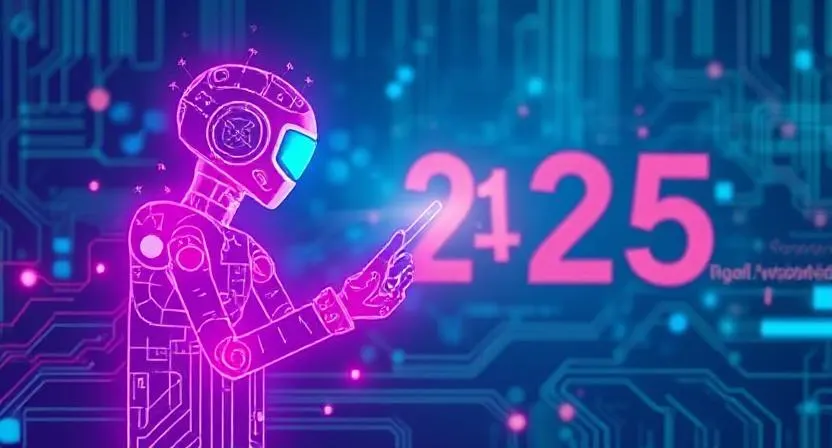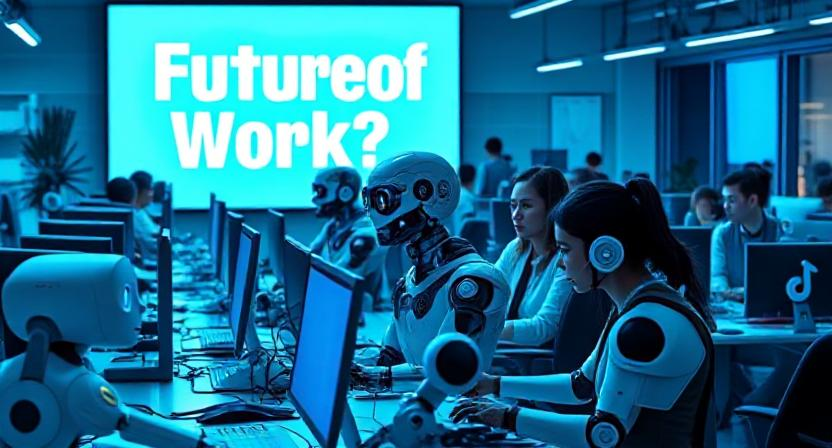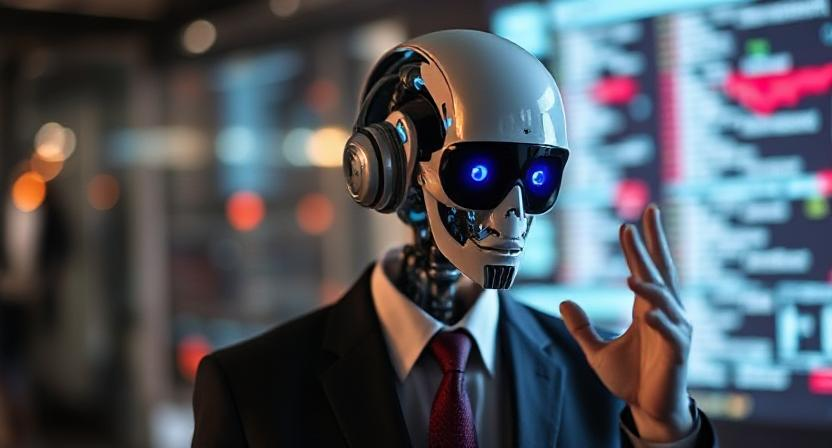In today’s digital era, AI-powered chatbots have revolutionized the customer service industry. Businesses are rapidly adopting chatbot technology to enhance customer experience, reduce response time, and improve efficiency. These intelligent chatbots leverage machine learning, natural language processing (NLP), and automation to provide instant support, making customer service more effective and cost-efficient.
The Evolution of AI Chatbots in Customer Service
The integration of AI-powered chatbots in customer service has evolved significantly over the years. Initially, chatbots were simple rule-based programs that could only respond to predefined questions. However, with advancements in artificial intelligence and deep learning, modern AI chatbots can understand context, analyze customer sentiment, and offer personalized responses.
Key Benefits of AI Chatbots in Customer Service
- 24/7 Availability
Traditional customer support operates within fixed hours, but AI chatbots are available 24/7, ensuring that customers receive assistance anytime they need it. - Faster Response Time
Unlike human agents, chatbots can handle multiple queries simultaneously, significantly reducing response times and eliminating long wait times. - Cost Efficiency
Businesses can save on operational costs by using chatbots to handle routine customer inquiries, allowing human agents to focus on more complex issues. - Enhanced Customer Experience
AI-driven chatbots offer seamless interactions by providing accurate information, guiding customers through processes, and resolving issues instantly. - Multilingual Support
Many AI-powered chatbots support multiple languages, enabling businesses to cater to a diverse customer base globally.
How AI Chatbots Improve Business Efficiency
- Automated Query Resolution
AI chatbots can resolve common customer inquiries, such as FAQs, order tracking, and appointment scheduling, reducing the workload of human agents. - Data Collection and Analysis
Chatbots gather customer insights, analyze behavioral patterns, and generate reports, helping businesses make informed decisions to enhance their services. - Personalized Interactions
By utilizing machine learning algorithms, chatbots can analyze past interactions and provide tailored recommendations, improving customer engagement. - Seamless Integration with CRM Systems
AI chatbots integrate with Customer Relationship Management (CRM) systems to provide agents with real-time data, enabling a smooth transition between bot and human interaction.
AI Chatbots vs. Human Agents: A Comparative Analysis
| Feature | AI Chatbots | Human Agents |
|---|---|---|
| Availability | 24/7 support | Limited working hours |
| Response Speed | Instant replies | Dependent on workload |
| Cost | Cost-effective | Higher operational costs |
| Personalization | AI-based recommendations | Human empathy & emotions |
| Multitasking | Handles multiple queries | Limited handling capacity |
Challenges in Implementing AI Chatbots in Customer Service
Despite the numerous advantages, businesses face challenges when implementing AI-powered chatbots:
- Understanding Complex Queries
Chatbots may struggle with highly technical or emotionally sensitive issues requiring human intervention. - Language and Contextual Limitations
Some chatbots might misinterpret slang, idioms, or complex sentences, leading to inaccurate responses. - Customer Trust and Acceptance
Some customers prefer human interaction and may find it challenging to trust automated systems. - Continuous Learning Requirement
AI chatbots need constant updates and training to improve their performance and stay relevant.
The Future of AI Chatbots in Customer Service
As artificial intelligence continues to advance, AI-powered chatbots will become even more sophisticated. Future developments include:
- Emotion AI (Affective Computing): Recognizing customer emotions and responding empathetically.
- Voice-Enabled AI Assistants: Enhancing chatbot capabilities with voice recognition for a more natural user experience.
- Hyper-Personalization: Using deep learning to provide highly personalized interactions.
- AI and Human Collaboration: Blending chatbot automation with human support for a balanced customer service approach.
Conclusion
AI-powered chatbots are revolutionizing the way businesses handle customer service, providing faster, more efficient, and cost-effective solutions. While challenges exist, continuous advancements in AI technology will further enhance chatbot capabilities, ensuring a seamless and highly interactive customer experience. Businesses that adopt AI chatbots early will gain a competitive edge by delivering superior service and improving customer satisfaction.










